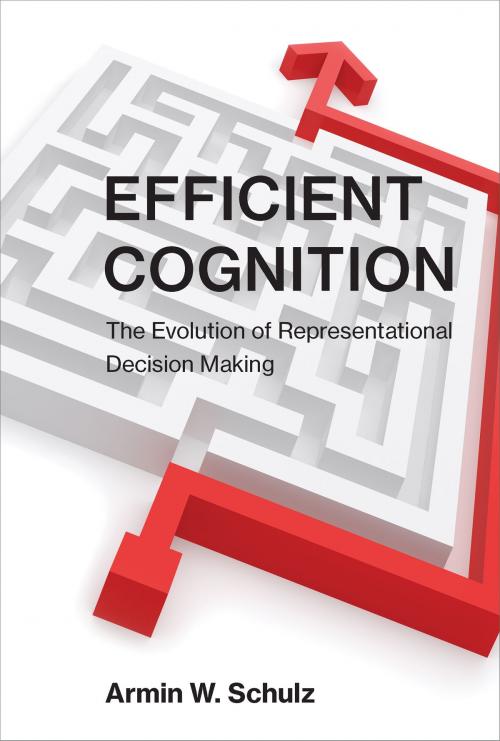Efficient Cognition
The Evolution of Representational Decision Making
Nonfiction, Science & Nature, Science, Biological Sciences, Evolution, Health & Well Being, Psychology, Cognitive Psychology| Author: | Armin W. Schulz | ISBN: | 9780262345279 |
| Publisher: | The MIT Press | Publication: | February 16, 2018 |
| Imprint: | The MIT Press | Language: | English |
| Author: | Armin W. Schulz |
| ISBN: | 9780262345279 |
| Publisher: | The MIT Press |
| Publication: | February 16, 2018 |
| Imprint: | The MIT Press |
| Language: | English |
An argument that representational decision making is more cognitively efficient, allowing an organism to adjust more easily to changes in the environment.
Many organisms (including humans) make decisions by relying on mental representations. Not simply a reaction triggered by perception, representational decision making employs high-level, non-perceptual mental states with content to manage interactions with the environment. A person making a decision based on mental representations, for example, takes a step back from her perceptions at the time to assess the nature of the world she lives in. But why would organisms rely on representational decision making, and what evolutionary benefits does this reliance provide to the decision maker? In Efficient Cognition, Armin Schulz argues that representational decision making can be more cognitively efficient than non-representational decision making. Specifically, he shows that a key driver in the evolution of representational decision making is that mental representations can enable an organism to save cognitive resources and adjust more efficiently to changed environments.
After laying out the foundations of his argument—clarifying the central questions, the characterization of representational decision making, and the relevance of an evidential form of evolutionary psychology—Schulz presents his account of the evolution of representational decision making and critically considers some of the existing accounts of the subject. He then applies his account to three open questions concerning the nature of representational decision making: the extendedness of decision making, and when we should expect cognition to extend into the environment; the specialization of decision making and the use of simple heuristics; and the psychological sources of altruistic behaviors.
An argument that representational decision making is more cognitively efficient, allowing an organism to adjust more easily to changes in the environment.
Many organisms (including humans) make decisions by relying on mental representations. Not simply a reaction triggered by perception, representational decision making employs high-level, non-perceptual mental states with content to manage interactions with the environment. A person making a decision based on mental representations, for example, takes a step back from her perceptions at the time to assess the nature of the world she lives in. But why would organisms rely on representational decision making, and what evolutionary benefits does this reliance provide to the decision maker? In Efficient Cognition, Armin Schulz argues that representational decision making can be more cognitively efficient than non-representational decision making. Specifically, he shows that a key driver in the evolution of representational decision making is that mental representations can enable an organism to save cognitive resources and adjust more efficiently to changed environments.
After laying out the foundations of his argument—clarifying the central questions, the characterization of representational decision making, and the relevance of an evidential form of evolutionary psychology—Schulz presents his account of the evolution of representational decision making and critically considers some of the existing accounts of the subject. He then applies his account to three open questions concerning the nature of representational decision making: the extendedness of decision making, and when we should expect cognition to extend into the environment; the specialization of decision making and the use of simple heuristics; and the psychological sources of altruistic behaviors.















